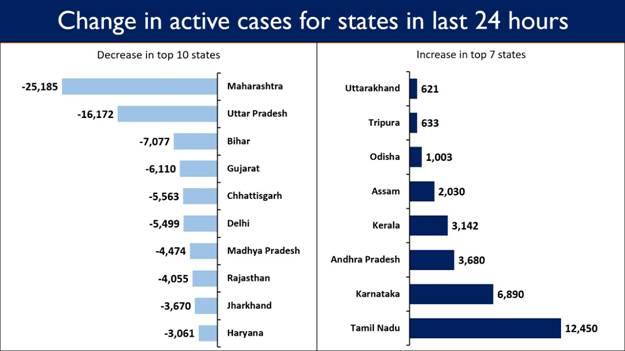Bengaluru: Researchers from the Jawaharlal Nehru Centre for Advanced Scientific Research (JNCASR), an autonomous institution under India’s Department of Science and Technology (DST), have unveiled a pioneering method to improve the detection of the Monkeypox virus (MPV). This breakthrough could significantly enhance diagnostic tools for the disease, which has posed a recurring global health challenge.
The World Health Organization (WHO) declared Monkeypox a global health emergency twice in the past three years, with the most recent outbreak in 2024 affecting 15 countries in Africa and three outside the continent. The rapid and unpredictable spread of the disease underscores the need for better diagnostic and therapeutic strategies.
A New Molecular Target
The researchers at JNCASR have identified a unique DNA structure, called GQ (G-quadruplex), in the MPV genome. This four-stranded DNA structure, highly conserved and stable under physiological conditions, is absent in other pox viruses, pathogens, and even the human genome. These characteristics make GQ an ideal target for developing highly specific diagnostic tools.
Using a specially designed fluorescent small-molecule probe, the researchers demonstrated the ability to precisely detect this GQ structure. The probe, referred to as BBJL, exhibited a remarkable 250-fold enhancement in fluorescence when bound to the MPV-specific GQ sequence.
“This advancement enables precise detection of MPV, paving the way for diagnostic tools that are not only rapid but also highly specific, reducing false-positive results often associated with current methods,” the researchers explained.
Enhancing Current Diagnostic Methods
Currently, MPV detection relies on polymerase chain reaction (PCR), which amplifies double-stranded DNA (dsDNA) sequences. While effective, this method can sometimes yield non-specific results. The GQ-based detection platform offers an innovative alternative by targeting noncanonical nucleic acids, enabling more accurate and efficient diagnostics.
The study’s findings also hold promise for therapeutic development. Mapping additional GQ targets within the MPV genome is underway, with researchers exploring their potential antiviral properties.
Global Impact
The discovery could have a far-reaching impact on global health efforts to combat Monkeypox. The ability to reliably and quickly detect the virus could improve outbreak management, particularly in regions where healthcare infrastructure is limited. Furthermore, the identification of these GQ sequences offers a valuable resource for the broader scientific community, aiding research into the virology of MPV and the development of therapeutic interventions.
With the disease continuing to challenge global health systems, this breakthrough by Indian researchers could mark a turning point in the fight against Monkeypox.












